Hypocrisy plagued the too-short life of John Lennon, from his attempts to distance himself from it as a songwriting artist to the misaligned perspective of his killer, Mark David Chapman, who equated Lennon with the “hypocritical phonies” of J.D. Salinger’s book, Catcher in the Rye. But for the brief moment that Lennon was out from under the shadow of the Beatles and pursuing his solo career, he was able to avoid the hypocrisy he feared so much.
Videos by American Songwriter
Sure, staying true to himself practically guaranteed that he would cause a stink and radio stations would ban his music from airplay. Still, at least the artist could say he was speaking his truth with no filter or censorship.
John Lennon On Real “Hypocrisy” Of Songwriting
Even at their most psychedelic and avant-garde, the Beatles maintained a pop sensibility that kept the majority of their musical catalog radio-friendly and commercially successful. Of all the Fab Four, John Lennon was the likeliest to break this mold of societal expectations. Unsurprisingly, that’s exactly what he did post-Beatles breakup while he pursued his solo career.
One of the most iconic songs to come out of this Lennon period was “Working Class Hero,” which he released in 1970 on his first solo album after the Beatles, John Lennon/Plastic Ono Band. In the song, he drops the F-bomb twice—a decidedly radio-unfriendly word that still wouldn’t fly today in the 21st century, let alone in the early 1970s. When asked about his choice to include expletives in a 1971 interview with Rolling Stone, Lennon said it would have been worse, creatively speaking, if he hadn’t used those words.
“I put [f***] in because it fit,” Lennon explained. “I didn’t even realize that there were two in the song until somebody pointed it out. When I actually sang it, I missed a verse, which I had to add in later. You do say, ‘f***ing crazy,’ that is how I speak. I was very near to it many times in the past, but I would deliberately not put it in, which is the real hypocrisy, the real stupidity.”
Maintaining Authenticity Through Explicit Satire
There was a lot of pressure on John Lennon’s first solo album post-Beatles breakup. The record would need to make a strong case for Lennon’s songwriting, musicality, and talent as a musician outside of the Fab Four. Some artists might have hidden behind the shadow of their former celebrity. Lennon made his music a glaring spotlight, not only dissipating the shadow but revealing why it never should’ve been there in the first place.
In an excerpt from John Lennon/Plastic Ono Band – The Ultimate Collection, Lennon talked about how much he enjoyed the track “Working Class Hero.” “I think its concept is revolutionary,” he said. “It’s for the people like me who are working class, who are supposed to be processed into the middle classes, or into the machinery. It’s my experience. I hope it’s just a warning to people.”
“The thing about the song that nobody ever got right was that it was supposed to be sardonic,” he continued. “It had nothing to do with socialism. It had nothing to do with: if you want to go through that trip, you’ll get up to where I am, and this is what you’ll be—some guy whining on a record, all right? If you want to do it, do it. I’m not recommending it. I’m just saying it’s something to be, like a lawyer” (via UDiscoverMusic).
Photo by Harry Benson/Express/Getty Images

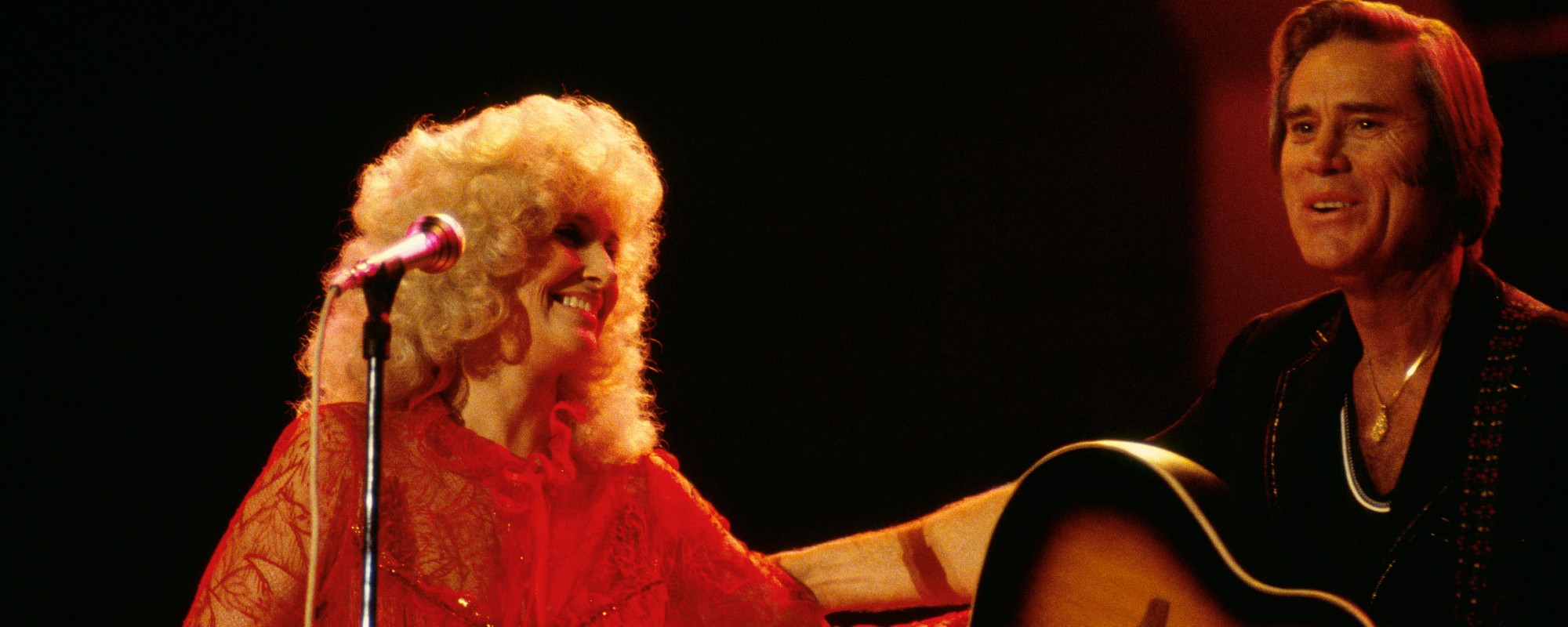
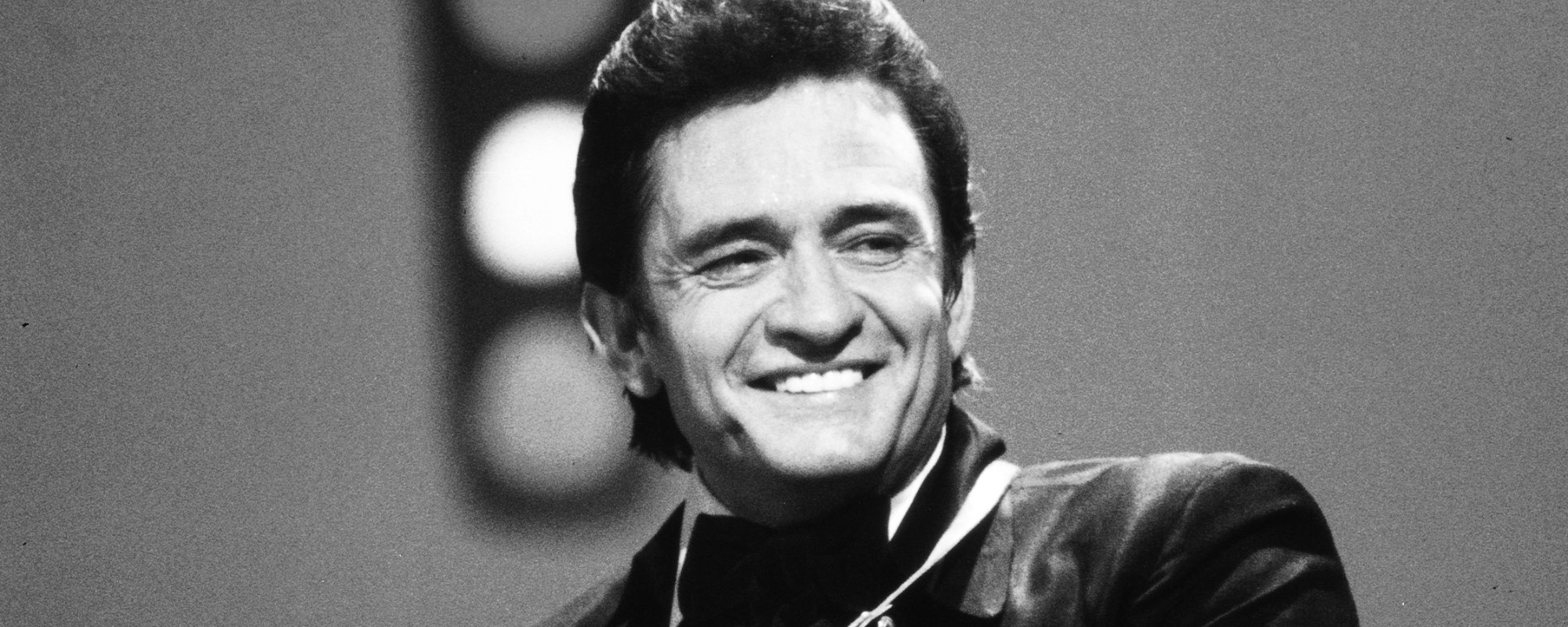
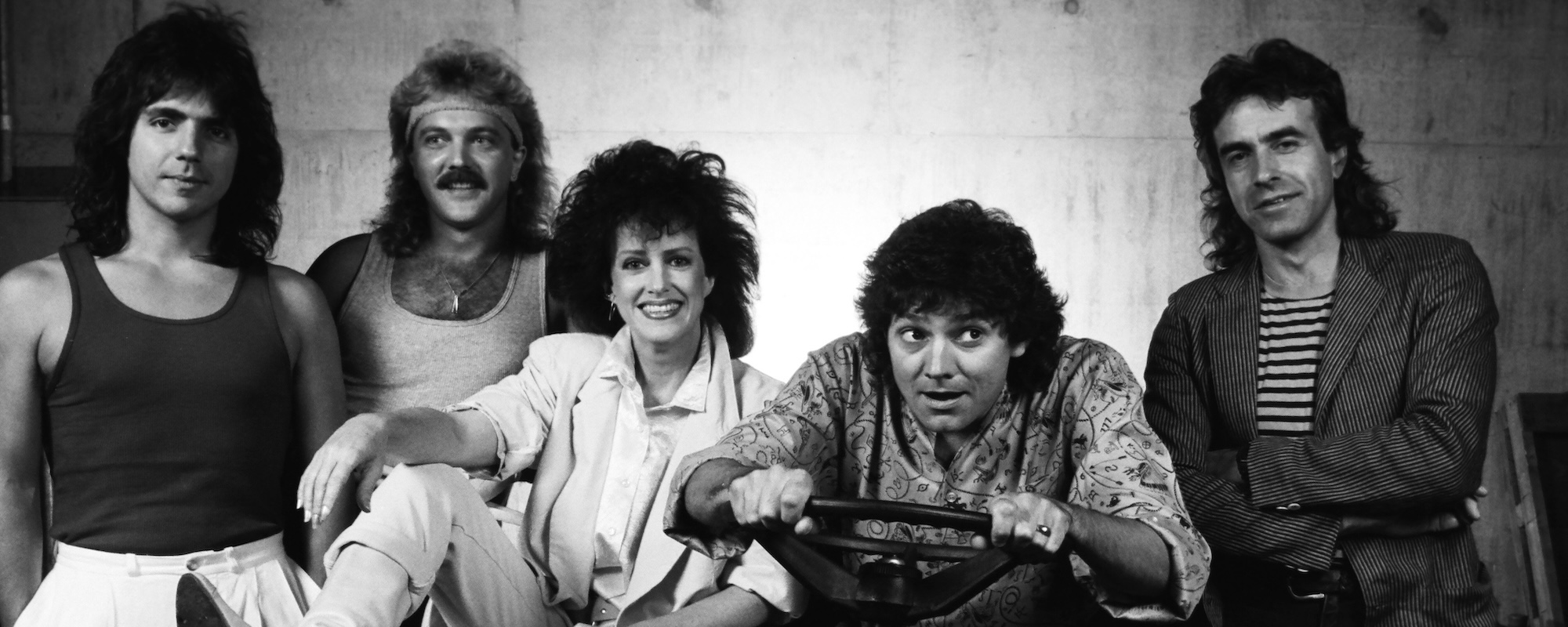
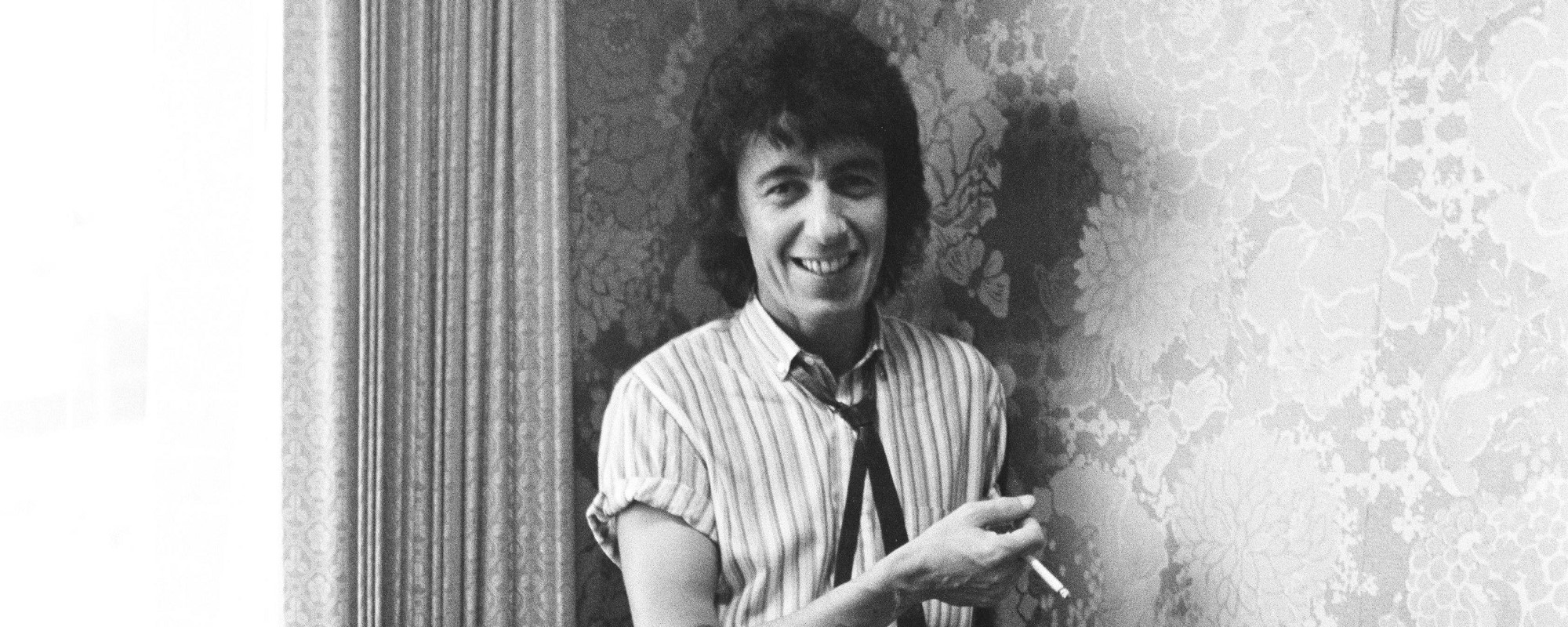
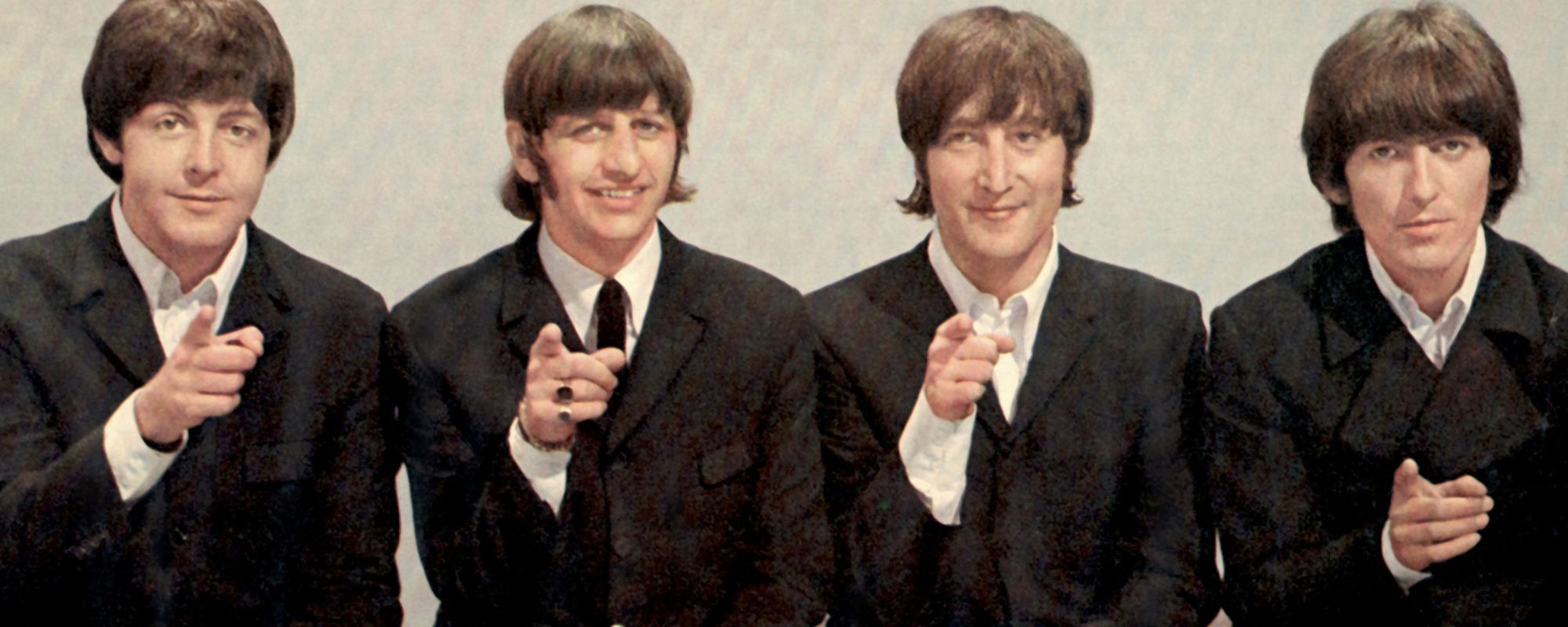

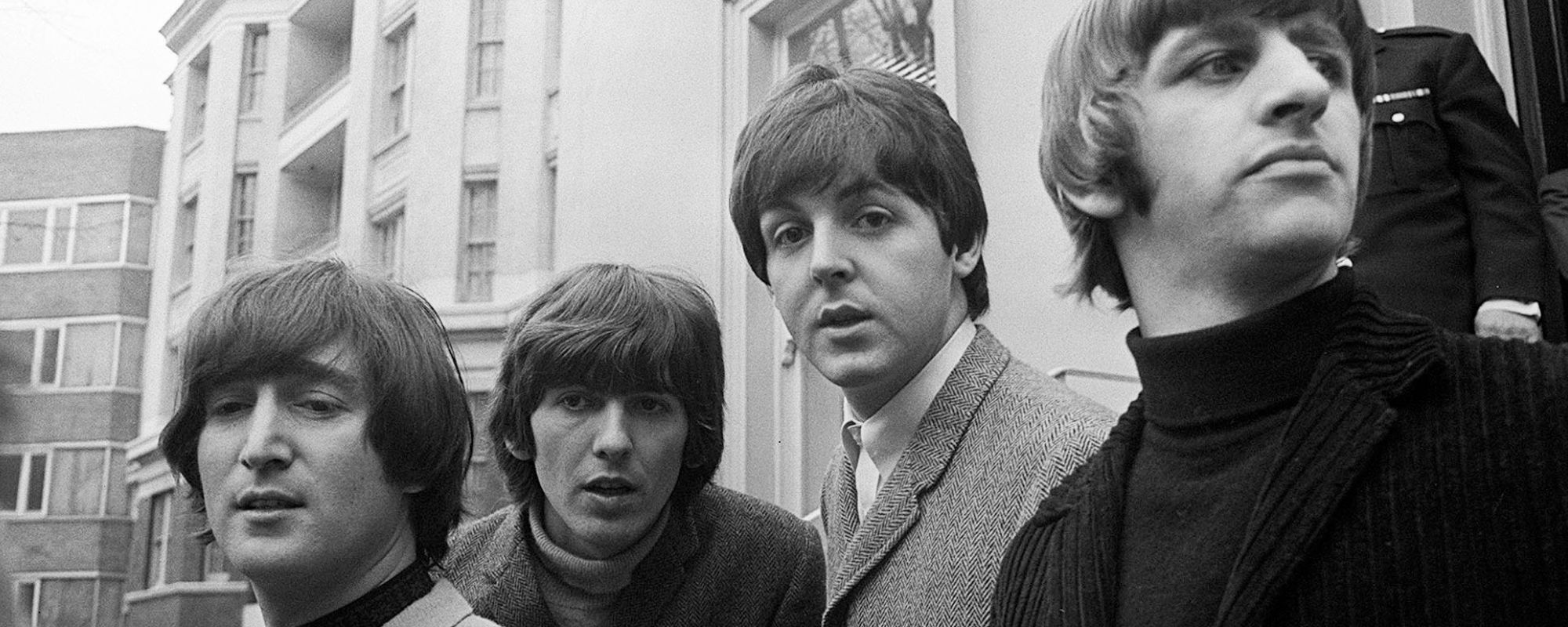


Leave a Reply
Only members can comment. Become a member. Already a member? Log in.